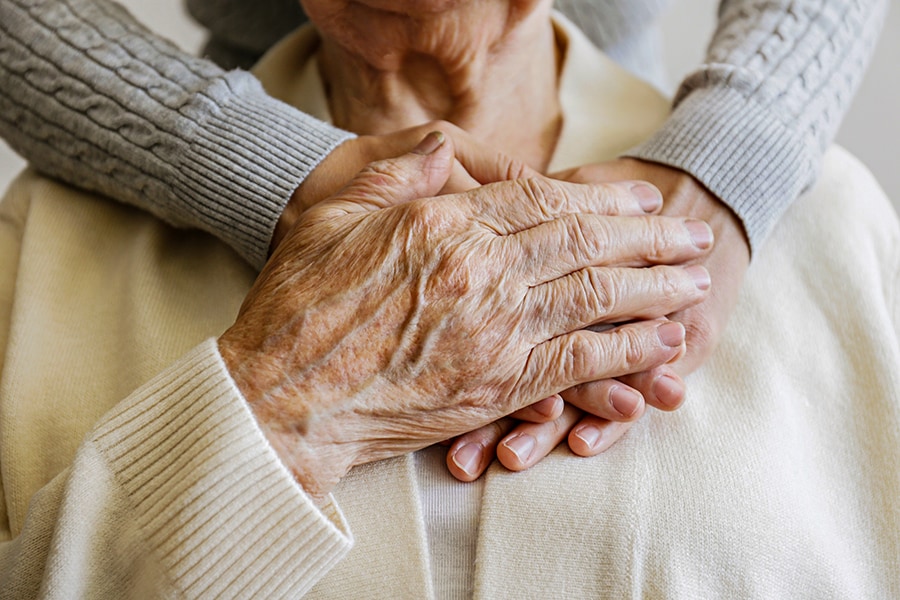
AI 'ageism' could seriously impact elderly health: WHO
AI technologies hold enormous potential for improving care for older people, but they also carry significant risk, according to the UN health agency
 AI technologies hold promise for helping elderly people but they also come with risks, said the WHO. Image: evrymmnt / Shutterstock
AI technologies hold promise for helping elderly people but they also come with risks, said the WHO. Image: evrymmnt / Shutterstock
Biases embedded in artificial intelligence systems increasingly used in healthcare risk deepening discrimination against older people, the World Health Organization warned Wednesday.
AI technologies hold enormous potential for improving care for older people, but they also carry significant risk, the UN health agency said in a policy brief.
"Encoding of stereotypes, prejudice, or discrimination in AI technology or their manifestation in its use could undermine... the quality of health care for older people," it said.
The brief highlighted how AI systems rely on large, historical datasets with information about people collected, shared, merged and analysed in often opaque ways.
The datasets themselves can be faulty or discriminatory, reflecting for instance existing biases in healthcare settings, where ageist practices are widespread.







